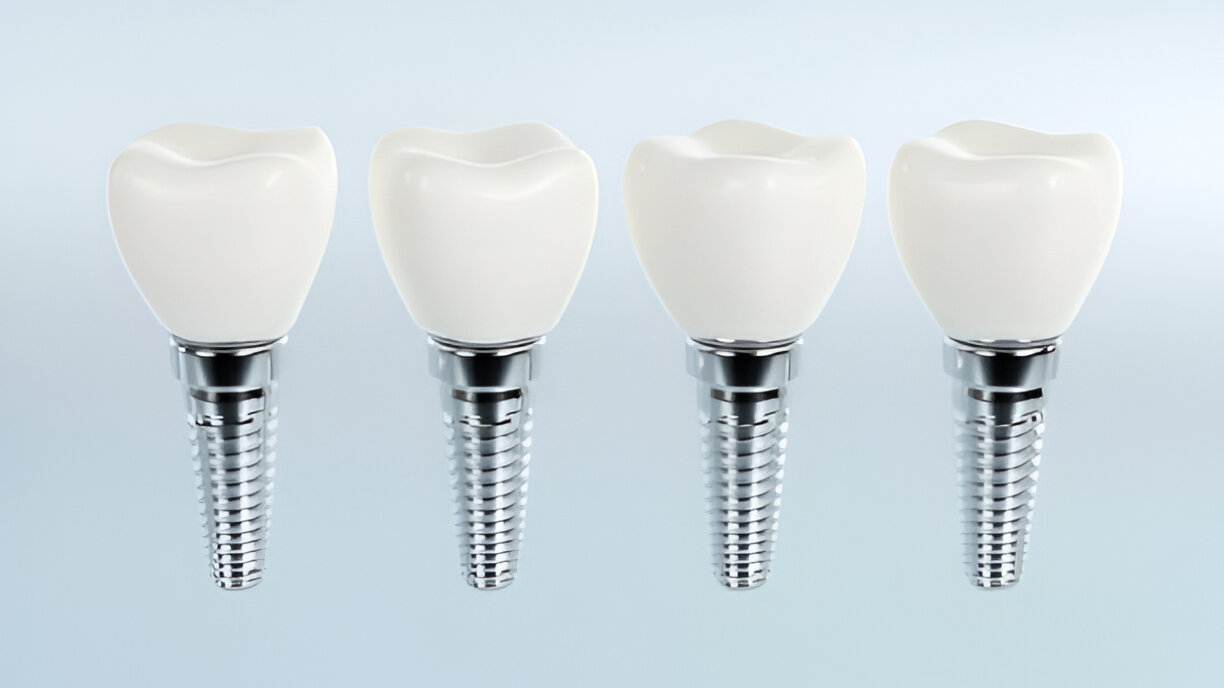When it comes to dental care, one of the most common questions patients ask is: “Are private fillings better than NHS fillings?” Both NHS and private fillings offer effective ways to treat cavities and restore damaged teeth, but they come with their own set of advantages and disadvantages. This article will explore the key differences between private and NHS fillings, helping you make an informed choice that suits your needs, budget, and dental health.
What Are Dental Fillings?
Dental fillings are used to treat cavities, holes, or cracks in your teeth. They help restore the shape, function, and appearance of a damaged tooth. Whether you go for NHS or private care, the goal is the same: to provide a long-lasting solution for your dental issues. However, the materials used and the treatment experience can vary significantly.
NHS Fillings: What to Expect
NHS fillings are primarily designed for functionality, making them a great choice for those seeking an affordable solution. NHS fillings are often made from amalgam, a blend of metals like silver, mercury, and tin. These fillings are durable and can last for many years, especially in the back teeth where they are less visible.
Can an NHS Dentist Refuse a Root Canal?
Cost of NHS Fillings
NHS fillings are far more affordable than private options due to government subsidies. The cost of NHS treatment is fixed, and fillings generally fall under Band 2 of the NHS charge system, making them more accessible to a larger number of patients. This means that if you’re on a tight budget or do not have dental insurance, NHS fillings may be the more economical choice.
Advantages of NHS Fillings
- Affordable: NHS fillings are a cost-effective way to get your teeth treated without breaking the bank.
- Durability: Amalgam fillings are tough and can last a long time, especially in areas that experience heavy chewing pressure.
- Availability: NHS dental services are available to everyone, and emergency care is often more accessible.
Disadvantages of NHS Fillings
- Aesthetics: Amalgam fillings are silver in colour, which can be visible when you smile or talk, especially in the front teeth. For many, this can be a concern.
- Limited Options: NHS fillings are mostly limited to amalgam for back teeth. You may not have as many choices in terms of materials for aesthetic concerns.
How Much Is a Crown on the NHS?
Private Fillings: A More Personalised Approach
Private fillings offer a wider range of materials, techniques, and treatment options. Composite resin is one of the most popular materials used in private fillings. Unlike amalgam, composite resin can be colour-matched to your natural teeth, making it an ideal choice for fillings in visible areas like the front teeth.
Some private dentists also offer porcelain or gold fillings. These materials are highly durable and blend well with natural teeth, but they come at a higher cost.
Cost of Private Fillings
Private fillings are more expensive than NHS options. The cost will vary depending on the material used and the complexity of the procedure. However, many private practices offer payment plans to help spread the cost over time, making it more manageable for those who choose private care.
Advantages of Private Fillings
- Aesthetic Appeal: Composite resin and porcelain fillings are colour-matched to your teeth, providing a more natural look.
- Material Choices: Private practices offer a wider range of materials, such as porcelain, gold, and resin, which can be selected based on your personal preference.
- Better Quality: Private dentists typically offer more advanced technology and can provide a more tailored service to meet your specific needs.
- Flexible Appointments: Private dentists often offer more flexible hours, including weekend and evening appointments, making it easier to fit treatment into your schedule.
Can an NHS Dentist Remove You Without Warning?
Disadvantages of Private Fillings
- Cost: Private fillings can be significantly more expensive, especially if you opt for porcelain or gold fillings.
- Longer Wait Times for Complex Treatments: While private dentists often offer quicker appointments, more complex procedures may still require additional visits.
Which One Lasts Longer: NHS or Private Fillings?
The longevity of a filling depends on several factors, including the material used and the location of the filling in your mouth. Amalgam fillings, used by NHS dentists, are known for their durability, especially in molars, where they are exposed to a lot of chewing pressure. These fillings can last anywhere from 10 to 15 years.
On the other hand, composite fillings offered by private dentists are strong, but they may not last as long as amalgam fillings, especially in high-stress areas like the back teeth. Composite fillings typically last around 5 to 7 years, depending on oral hygiene and the location of the filling.
Pain and Sensitivity
Both NHS and private fillings are typically placed under local anaesthesia, so you should not feel pain during the procedure. However, you may experience some sensitivity after the treatment. This is common with both types of fillings but may vary depending on the material used.
Composite fillings tend to cause less sensitivity compared to amalgam fillings, as they bond more tightly to the tooth. This provides a better seal and reduces the risk of future sensitivity.
Aftercare and Follow-Up
Aftercare for NHS and private fillings is similar. You will need to follow your dentist’s instructions to ensure the filling lasts and avoid complications. However, private dentists often offer more comprehensive aftercare services, with better availability for follow-up appointments. This can be especially helpful if you need to address any concerns after the procedure.
Making Your Decision: NHS or Private Fillings?
Choosing between NHS and private fillings depends on several factors. Here are a few things to consider when making your decision:
- Cost: If affordability is your main concern, NHS fillings are the better choice.
- Aesthetic Concerns: If you prefer a more natural look, private fillings made of composite or porcelain are your best option.
- Time and Flexibility: If you need flexible appointment times and faster service, private dental care may be more convenient.
- Durability: For a long-lasting solution in areas that experience heavy chewing, NHS amalgam fillings may be more suitable.
Conclusion
So, are private fillings better than NHS fillings? It depends on what you value most. NHS fillings are affordable, durable, and functional, making them a great choice for many patients. On the other hand, private fillings offer a wider range of materials, aesthetic appeal, and more flexible appointment options. If cost is not a major concern and you’re looking for a more personalised service, private fillings may be the better choice for you.
So, are private fillings better than NHS fillings? It depends on what you value most. NHS Dentist Aberdeen fillings are affordable, durable, and functional, making them a great choice for many patients. On the other hand, private fillings offer a wider range of materials, aesthetic appeal, and more flexible appointment options. If cost is not a major concern and you’re looking for a more personalised service, private fillings may be the better choice for you.
Frequently Asked Question
What materials are used for NHS fillings?
NHS fillings are typically made from amalgam, a durable blend of metals like silver, mercury, and tin. These fillings are affordable, functional, and long-lasting, making them ideal for back teeth. They are highly effective but have a noticeable silver colour.
How long do private fillings last?
Private fillings, especially composite ones, can last anywhere from 5 to 7 years, depending on the material and location. Composite fillings are aesthetic but may wear down quicker compared to amalgam. Porcelain or gold fillings are more durable, lasting longer, but come at a higher cost.
Are NHS fillings safe?
Yes, NHS fillings are completely safe. The materials used, such as amalgam, have been thoroughly tested and regulated for dental use. They are durable and effective at restoring function. However, some patients may have concerns about the silver appearance, especially for visible teeth.
Can I switch from NHS fillings to private fillings?
Yes, you can switch from NHS amalgam fillings to private composite fillings. If you’re unhappy with the appearance of your NHS fillings, consult your dentist. They can replace your old fillings with tooth-coloured composites or other materials to match your natural teeth.
How much do private fillings cost?
The cost of private fillings varies based on the material and complexity. Composite fillings generally cost between £100 to £250, while porcelain or gold fillings may be more expensive, ranging from £300 to £500 or more. Many private practices offer payment plans to spread the cost.


